Jacksonville, Fl. — The “Buresh Bottom Line”: Always be prepared!.....First Alert Hurricane Survival Guide... City of Jacksonville Preparedness Guide... Georgia Hurricane Guide.
STAY INFORMED: Get the * FREE * First Alert Weather app
FREE NEWS UPDATES, ALERTS: Action News Jax app for Apple | For Android
WATCH “Talking & Tracking the Tropics: The Science Behind the Season”
WATCH “Preparing for the Storm”
READ the First Alert Hurricane Center “Survival Guide”
***** ALWAYS CHECK & RE-CHECK THE LATEST FORECAST & UPDATES! *****
From Dr. Phil Klortzbach, CSU - the Atlantic Basin through Sept. 23. The ACE increased the last couple of weeks largely thanks to long track Paulette & Teddy but is still relatively low *considering* the high number of storms.
The Atlantic Basin is about as quiet as we’ve seen for a number of weeks.
The European model has been recently trying to develop low pressure over the Gulf of Mexico next week but is alone in that regard. An upper level deep trough of low pressure will be sweeping across the Lower 48 next week, so we will need to watch for something “sneaky” over the Gulf over SW Atlantic but no other models for right now are showing much low pressure of tropical concern. But something to consider.
In the longer range.... vertical velocities do appear to become more favorable across the Atlantic Basin by early to mid Oct. “Velocity Potential Anomalies” show a good deal of sinking air (brown lines) right now but more favorable rising air (green lines) should push east from the Pacific generally between Oct. 5 & Oct. 20th which does match a climatological 2nd peak of sorts for Atlantic tropical development.



Atlantic Basin wave forecast for 24, 48 & 72 hours respectively (major wave action at Fl./Ga. beaches through early next week due to persistent brisk onshore flow (high pressure to the north) combined with easterly swells from distant Teddy:
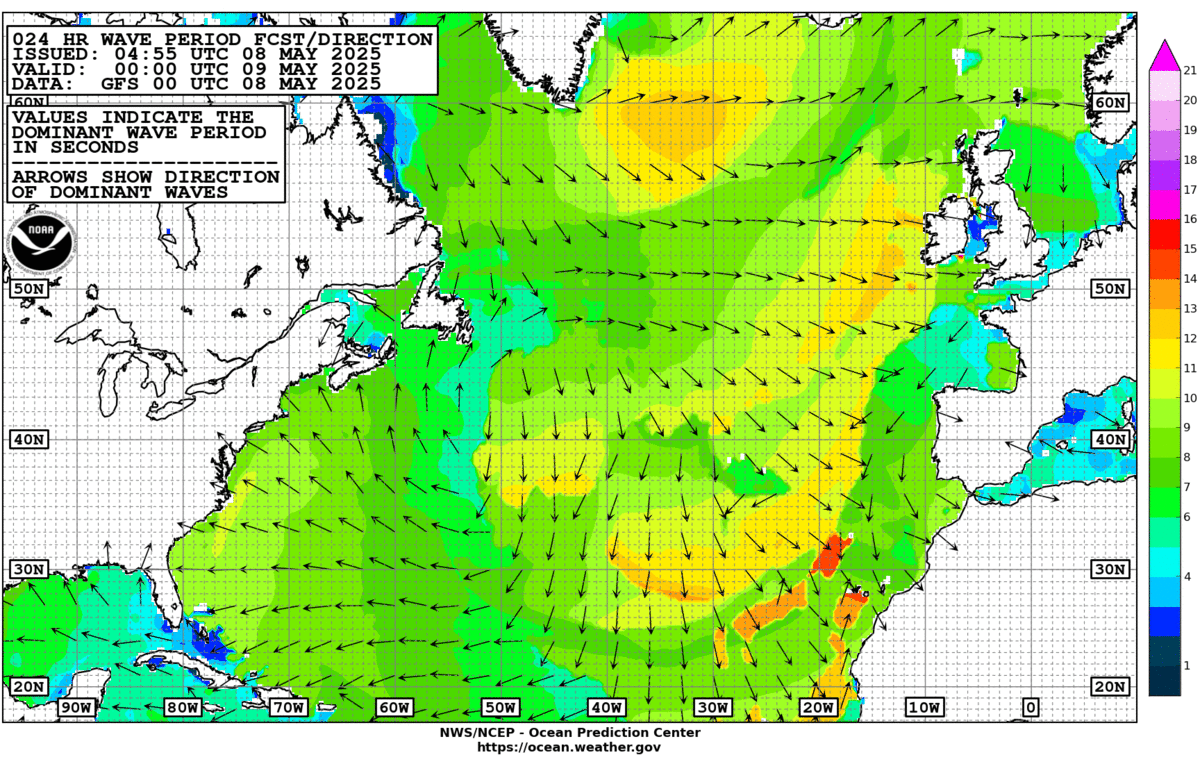
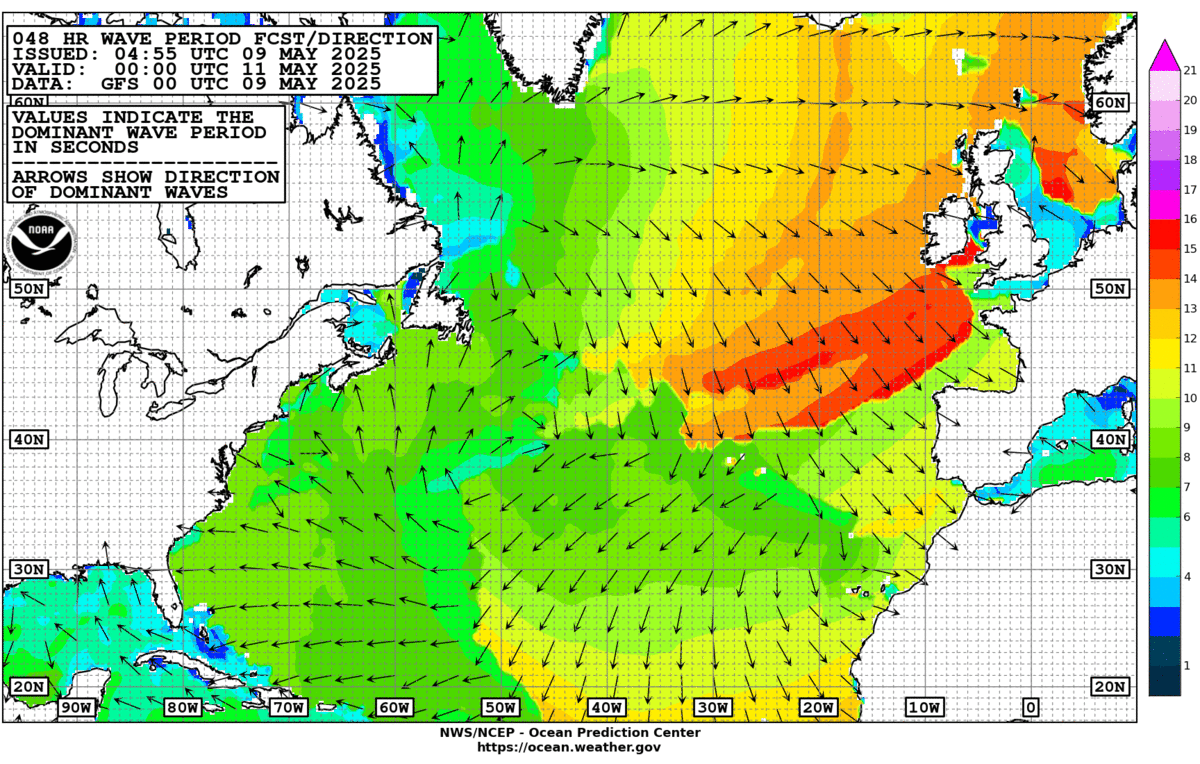
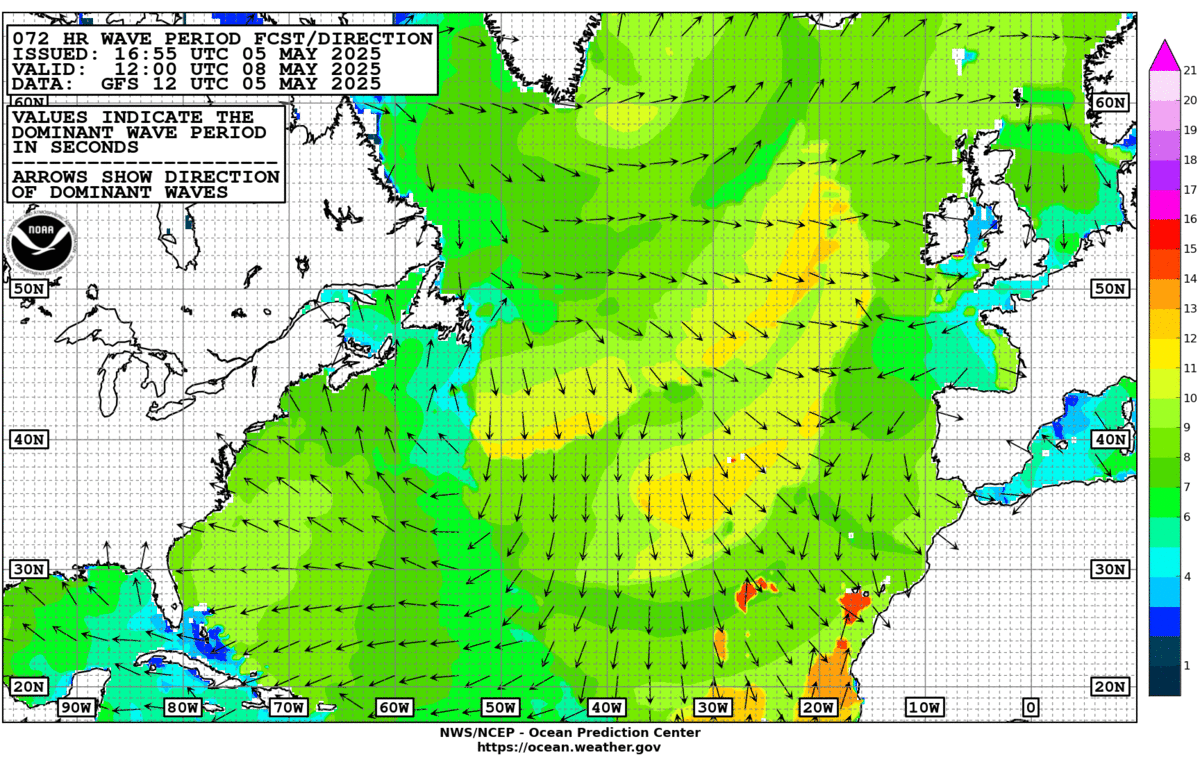
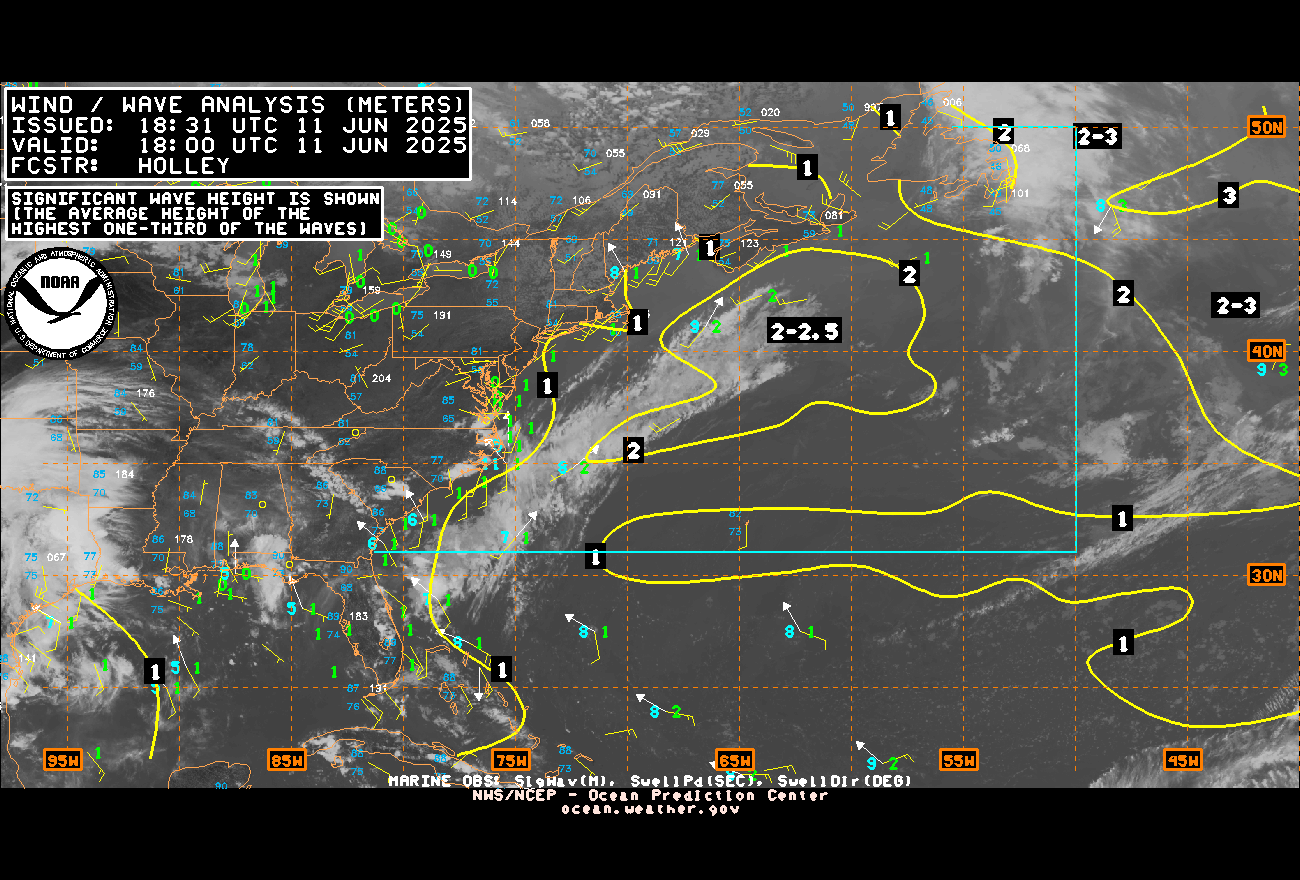

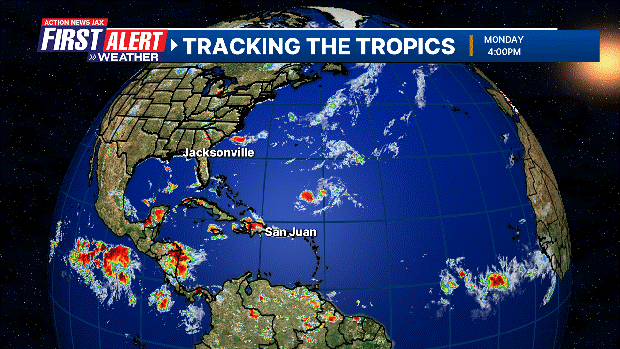


:quality(70)/cloudfront-us-east-1.images.arcpublishing.com/cmg/WW5AJL3ARQUGDQMAQUNSFX4CLE.jpg)

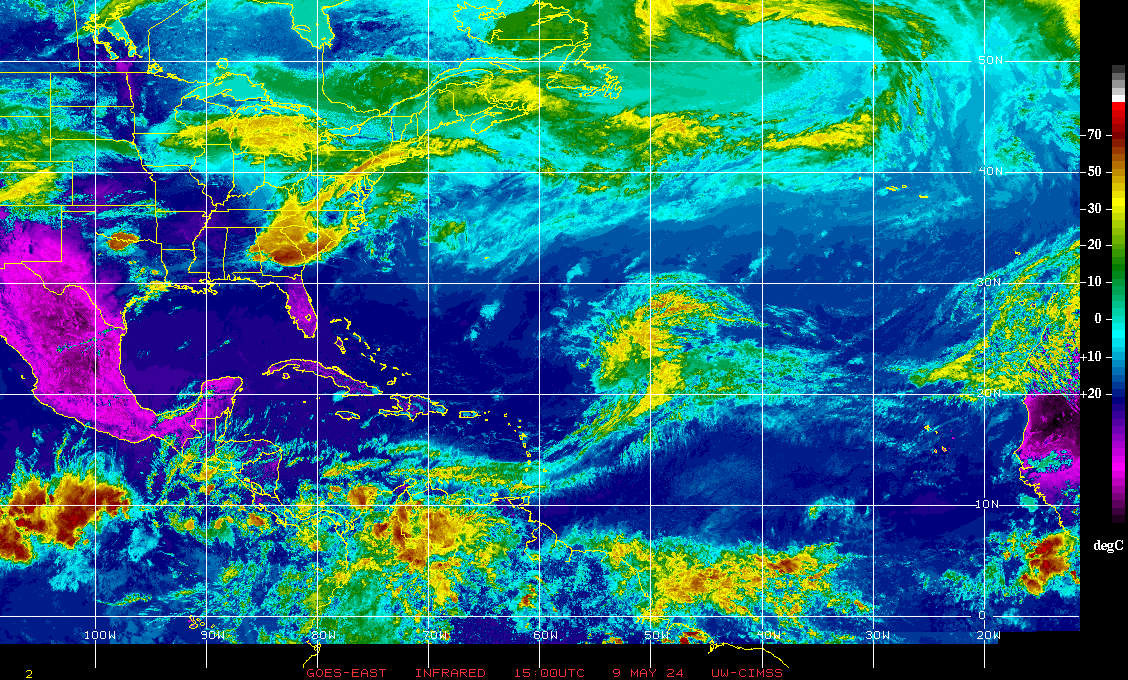
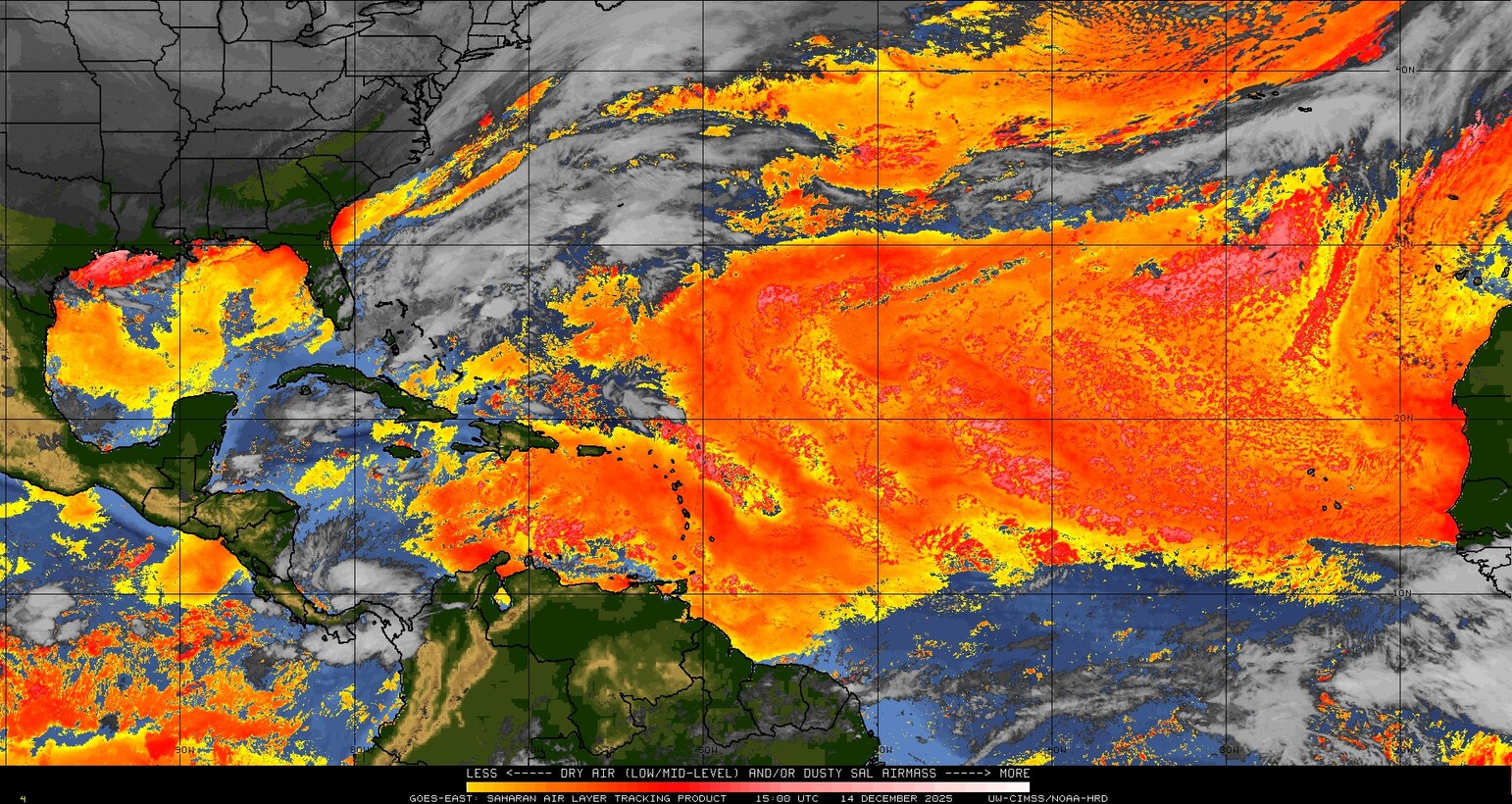






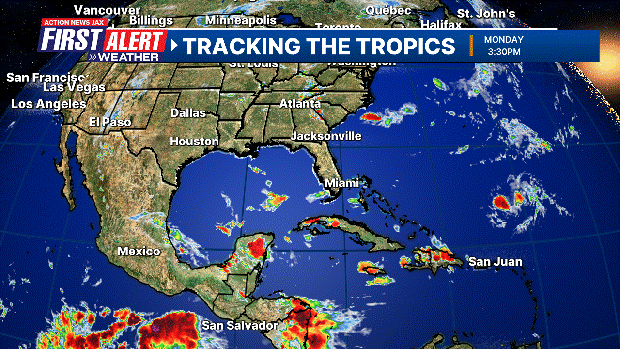


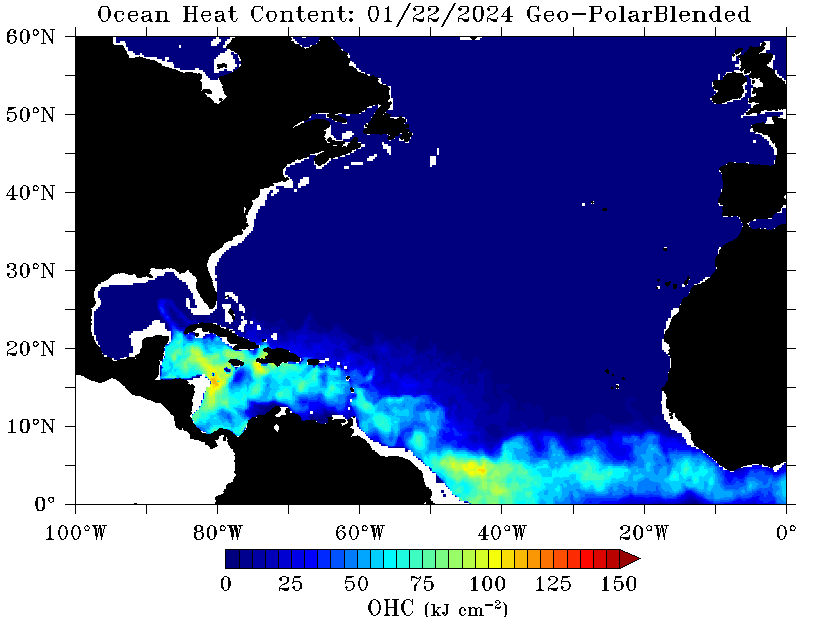


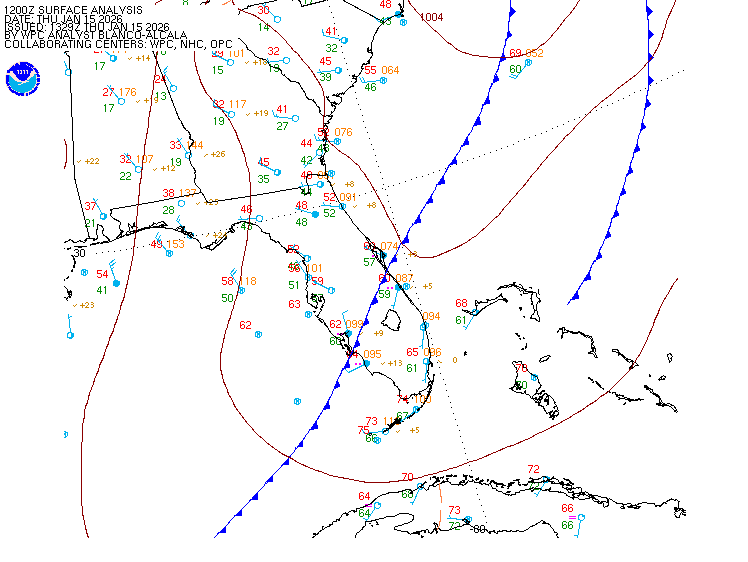
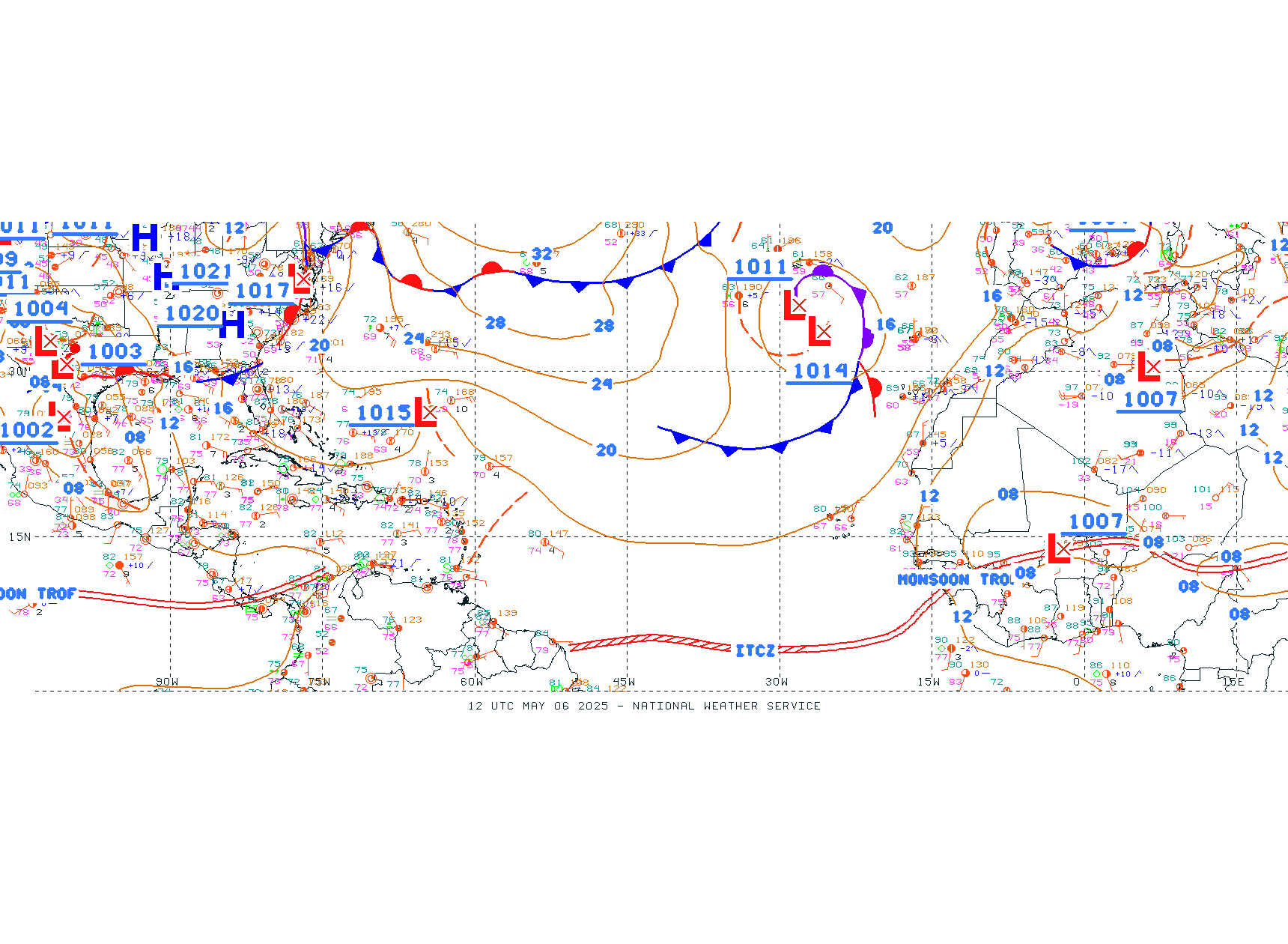
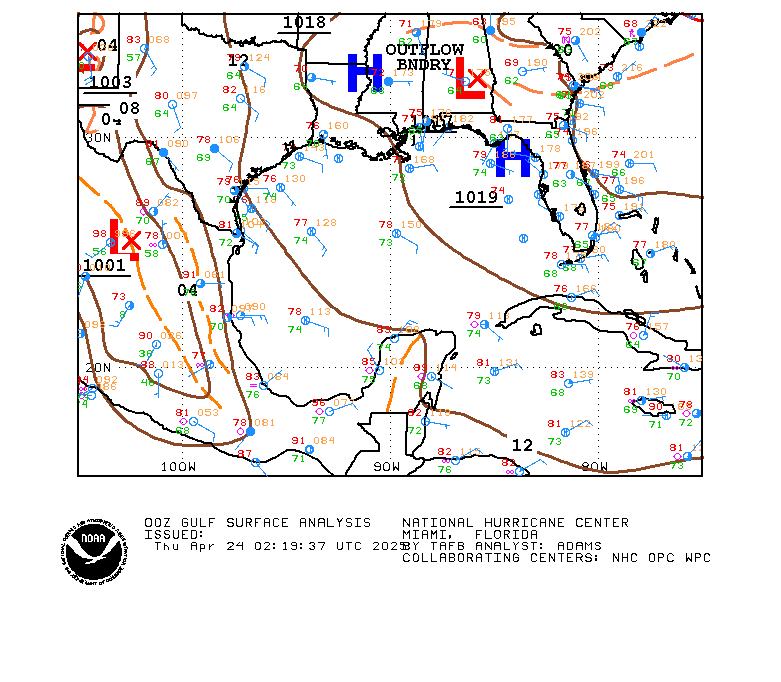
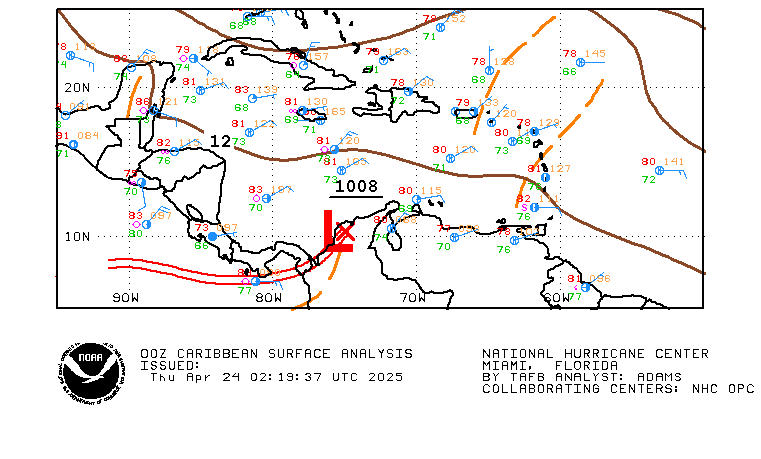
:quality(70)/cloudfront-us-east-1.images.arcpublishing.com/cmg/EF3A2INM4NHF5MQVE6E5L5DW3U.jpg)
:quality(70)/d1hfln2sfez66z.cloudfront.net/04-24-2024/t_d73855398dca4bf5a6e1eca4fedb0fdd_name_file_960x540_1200_v3_1_.jpg)
:quality(70)/cloudfront-us-east-1.images.arcpublishing.com/cmg/ZNROW6TVSVGMXJTMBWQ2FDXXZI.jpg)
:quality(70)/cloudfront-us-east-1.images.arcpublishing.com/cmg/NGMKLAKH5NF27JQOAGV7JN25OU.jpg)
:quality(70)/d1hfln2sfez66z.cloudfront.net/04-26-2024/t_8cc8bb8afe6b490989f132426840b2be_name_file_960x540_1200_v3_1_.jpg)